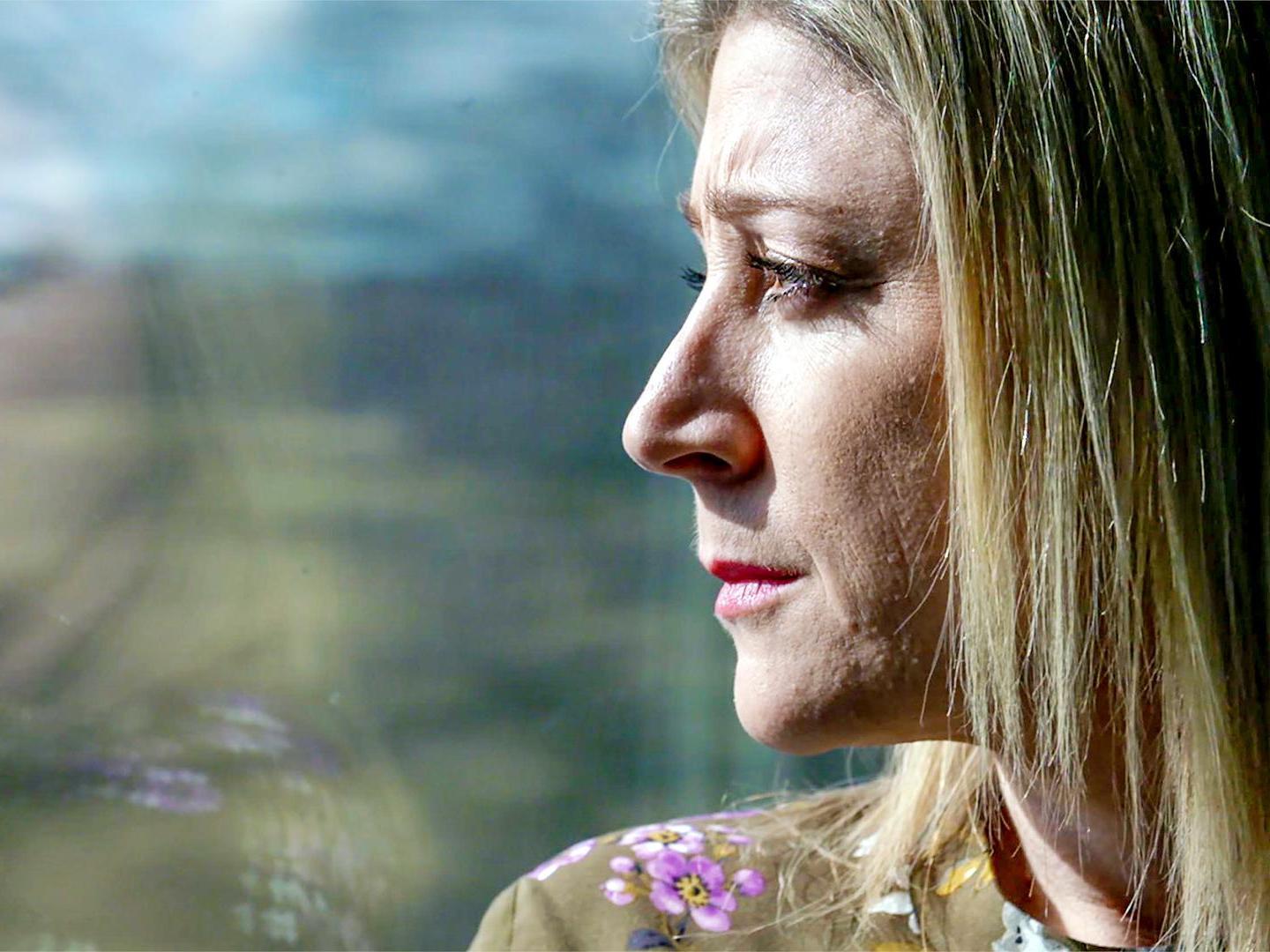Safe At Last: Inside a Woman’s Refuge review: An important television first
Julie Walters narrates this sensitively done documentary

Your support helps us to tell the story
From reproductive rights to climate change to Big Tech, The Independent is on the ground when the story is developing. Whether it's investigating the financials of Elon Musk's pro-Trump PAC or producing our latest documentary, 'The A Word', which shines a light on the American women fighting for reproductive rights, we know how important it is to parse out the facts from the messaging.
At such a critical moment in US history, we need reporters on the ground. Your donation allows us to keep sending journalists to speak to both sides of the story.
The Independent is trusted by Americans across the entire political spectrum. And unlike many other quality news outlets, we choose not to lock Americans out of our reporting and analysis with paywalls. We believe quality journalism should be available to everyone, paid for by those who can afford it.
Your support makes all the difference.There are very few television firsts these days, and in most cases there are good reasons for that (taste, public decency, the laws of physics). So Channel 4 scores a remarkable achievement, and one immensely in the public interest, with this unprecedented access to life inside a British women’s refuge.
The hostel houses women and their children on a temporary basis. As well as offering a roof over their heads, safety and access to local police, schools and social services, the hostel also offers therapy and counselling, and tries to help repair the psychological damage done by abusive men. We see and hear it all.
The reason why the hostel has gone for the publicity seems, though unacknowledged, painfully obvious – cuts in local authority funding are jeopardising the group’s future. Despite personal pledges about domestic abuse from the prime minister herself, the outlook for women’s refuges is bleak. One of the many disturbing facts we learn is that there are 300 such hostels in England and Wales, with one in six refuges having been closed over the past eight years. The more the public knows of this the better.
There is also a terrible irony in the title of the show, because safety cannot be guaranteed even in a professionally run women’s refuge. There was one especially distressing case of a woman who had arrived with her children and whose partner was determined to track her down. On the account given in the documentary, she had ended her troubled relationship after 16 years, her teenage children having been exposed to too much of it. Once settled in the hostel, one of them proudly put a picture of themself in their new school uniform on social media, which was a clue for anyone looking to find them. So they have to leave – within one hour, their belongings bundled into cases and bin bags, off to try and find another place to stay, the trauma endured all over again. In the whole country there are only four vacant spaces. So they were not, in the end, “safe at last” after all.
The women all have upsetting stories about bullying, emotional abuse, rape in marriage, threats, black eyes, children screaming to “stop hurting mummy”, coercive control, financial control, stalking, sexual abuse, false accusations used as blackmail, and beatings. All are tearful, for us and them.
Some of the women running the hostel understand the experiences of the women who arrived looking for help. One, is a former victim of domestic abuse herself. She tells us the experience of abuse “just completely messes your head up… What people don’t really understand about domestic abuse is that it’s never over”.
All the women we meet have been through an appalling trauma, made worse for those with older children by the way their friendships and contacts are severed when they have to move hundreds of miles away and start all over again, their belongings, pets and schools left far behind. The support they receive is pitifully scant, despite the best efforts of the refuge.
We have, though, come a long way since the police would dismiss calls from desperate, beaten or raped wives as “just a domestic”. There is to be a single specific statutory crime of domestic abuse, which should help bring some of the monsters to justice, and maybe to deter them from using violence on their wives and partners (it’s overwhelmingly male perpetrators). We know much more about the scale and nature of the problem, as revealed in this film: every day the National Domestic Violence Helpline receives more than 230 calls from people looking for a place in a refuge; about 200 of the 700 murders in Britain in a given year are down to domestic violence; the police receive 100 calls per hour from frightened or injured women; an abused partner will leave seven times before escaping for good; and domestic abuse often escalates during pregnancy.
A year in the making, this documentary has been sensitively narrated by Julie Walters, and blends individual cases with statistics and the national picture, relating each to the other appropriately. More than anything, though, the programme would not have been possible to make without brave women who allowed the cameras to witness their distress.
Join our commenting forum
Join thought-provoking conversations, follow other Independent readers and see their replies
Comments